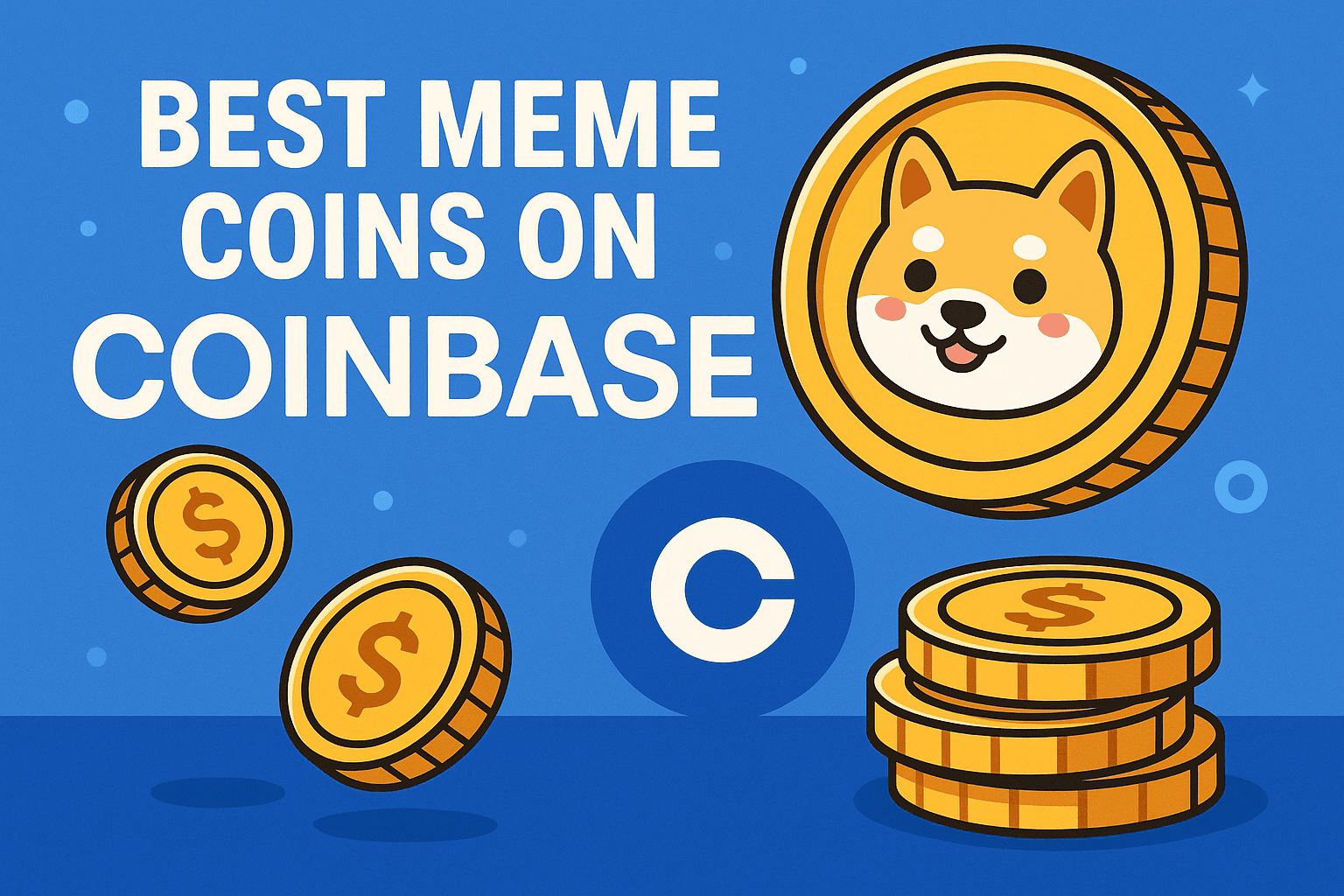.jpg&w=3840&q=75)
How to Join a Token Pre-Sale Safely | Avoiding Crypto Scams
Token pre-sales, also known as Initial Coin Offerings (ICOs), Initial DEX Offerings (IDOs), or other forms of early token sales, are exciting opportunities for investors to get in on the ground floor of promising blockchain projects. However, the crypto space is rife with scams, and participating in a pre-sale requires careful due diligence to protect your funds. In this guide, we’ll walk you through the steps to safely participate in a token pre-sale while avoiding common pitfalls.
What Is a Token Pre-Sale?
A token pre-sale is an early-stage fundraising event where a blockchain project offers its tokens to select investors before they’re listed on public exchanges. Pre-sales often come with discounted prices or bonuses, making them attractive for early adopters. However, the lack of regulation and the anonymity of crypto transactions make pre-sales a hotspot for fraudulent schemes.
Step-by-Step Guide to Participating in a Token Pre-Sale Safely
1. Research the Project Thoroughly
Before investing in any token pre-sale, conduct in-depth research on the project. Here’s what to look for:
- Whitepaper: A legitimate project will have a detailed whitepaper outlining its goals, technology, tokenomics, and roadmap. Read it carefully to understand the project’s purpose and feasibility.
- Team: Verify the team’s credentials. Check their LinkedIn profiles, past projects, and industry reputation. Be cautious if the team is anonymous or lacks verifiable experience.
- Use Case: Ensure the project solves a real-world problem or has a clear value proposition. Avoid projects with vague or overly ambitious claims.
- Community and Social Presence: Legitimate projects have active, engaged communities on platforms like X, Discord, or Telegram. Look for organic discussions rather than overly promotional content.
Red Flag: No whitepaper, anonymous team, or a website with typos and poor design are warning signs of a potential scam.
2. Verify the Project’s Legitimacy
Scammers often create fake websites or impersonate legitimate projects. To avoid falling for these tricks:
- Official Channels: Always use the project’s official website and social media accounts to find pre-sale details. Double-check URLs to avoid phishing sites (e.g., ensure it’s “projectname.com” and not “projecctname.io”).
- Smart Contract Audits: Check if the project’s smart contracts have been audited by reputable firms like CertiK, PeckShield, or Quantstamp. Audits reduce the risk of vulnerabilities or malicious code.
- Partnerships: Legitimate projects often partner with known entities in the crypto space, such as exchanges or other blockchain protocols. Verify these partnerships through official announcements.
Red Flag: Promises of “guaranteed returns” or pressure to invest quickly are common scam tactics.
3. Understand the Tokenomics
Tokenomics refers to the economic structure of the token, including its supply, distribution, and utility. Analyze the following:
- Token Allocation: Check how tokens are distributed among the team, investors, and community. A large allocation to the team with short vesting periods could indicate a “pump-and-dump” scheme.
- Vesting Schedule: Ensure tokens are locked for a reasonable period to prevent early sell-offs that crash the price.
- Utility: Confirm the token has a clear purpose within the project’s ecosystem, such as governance, payments, or staking.
Red Flag: A lack of transparency about tokenomics or an overly complex structure can be a warning sign.
4. Secure Your Wallet
Your crypto wallet is your gateway to the pre-sale, so protecting it is critical:
Reach our audience of developers and tech enthusiasts with your product or service.
- Use a Reputable Wallet: Choose a trusted wallet like MetaMask, Trust Wallet, or a hardware wallet like Ledger or Trezor.
- Private Keys: Never share your private keys or seed phrases with anyone. Legitimate projects will never ask for this information.
- Double-Check Addresses: When sending funds, verify the pre-sale wallet address on the project’s official website or social channels. Scammers often share fake addresses via phishing emails or fake Telegram groups.
Red Flag: Any request for your private keys or seed phrase is a scam.
5. Participate Through Official Channels
Most pre-sales require you to send cryptocurrency (e.g., ETH, BNB, or USDT) to a designated wallet address or interact with a smart contract. Follow these steps:
- Whitelist or KYC: Many legitimate pre-sales require investors to join a whitelist or complete Know Your Customer (KYC) verification. This ensures compliance and reduces fraud.
- Gas Fees: Be prepared for Ethereum or other network gas fees. Extremely high or suspiciously low gas fees could indicate issues.
- Test Transactions: If possible, send a small amount first to confirm the transaction goes through correctly.
Red Flag: Pre-sales asking for payments via unconventional methods (e.g., gift cards or bank transfers) are almost certainly scams.
6. Stay Informed and Engage with the Community
Join the project’s official Telegram, Discord, or X communities to stay updated on pre-sale details. Engage with other investors to gauge sentiment and spot potential red flags. However, be cautious of fake groups or admins impersonating the project team.
Tip: On X, search for the project’s official handle and recent posts to verify announcements. For example, as of April 2025, many projects use X to share real-time updates about pre-sales.
7. Avoid Common Scams
Here are some prevalent scams to watch out for:
- Phishing Scams: Fake websites or emails mimicking the project’s branding to steal your funds or personal information.
- Fake Airdrops: Scammers may offer “free tokens” to lure you into connecting your wallet to malicious sites.
- Rug Pulls: Projects that disappear after collecting funds, leaving investors with worthless tokens.
Tip: Use tools like Etherscan or BscScan to verify the project’s smart contract activity and ensure funds aren’t being drained.
Post-Pre-Sale Tips
After participating in a pre-sale:
- Secure Your Tokens: Transfer your tokens to a secure wallet and enable two-factor authentication (2FA) where possible.
- Monitor the Project: Keep an eye on the project’s progress and token listing announcements. Join their official channels for updates.
- Be Patient: Pre-sale tokens often have lock-up periods, and prices may be volatile after listing. Avoid panic-selling during market dips.
Final Thoughts
Participating in a token pre-sale can be a rewarding way to support innovative blockchain projects, but it comes with risks. By conducting thorough research, verifying legitimacy, and securing your wallet, you can minimize the chances of falling victim to scams. Always prioritize caution over FOMO (fear of missing out), and never invest more than you can afford to lose.
Stay informed, stay safe, and happy investing!
Disclaimer: Cryptocurrency investments carry high risks. Always consult a financial advisor before participating in token pre-sales.


